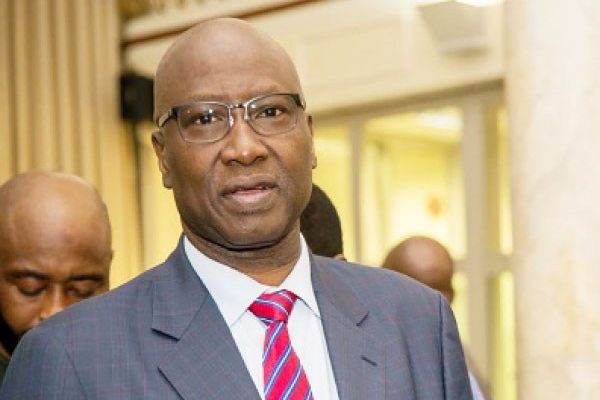ANAP Foundation, a non-profit organisation committed to promoting good governance, has identified behavioural change as one potent vaccine in the fight against coronavirus in Nigeria.
The foundation in a recent paper made available to LEADERSHIP, where it detailed what the country needs to do to mitigate the effects of the COVID-19 pandemic, called on governments at all levels in partnership with civil society groups to immediately begin to invest heavily in Behaviour Change Communication (BCC) interventions customised to local languages and cultures to bring the public to a shared understanding of the risks and repercussions of COVID-19 infection.
According to the foundation, “This will involve greater investments in time, money and professional expertise of behaviour change scientists to lead the campaign. The government must also lead by example; by practising what they preach.
“Building a high level of trust among the people, and between the people and government institutions to aid adherence to official recommendations and guidelines for COVID-19 prevention. Trust is the currency of public health. We must motivate people to take personal responsibility for their health and wellbeing and dispel the myth of resilience against COVID-19 circulating in certain segments of society.
“Educating and empowering the citizenry to strike a balance between remaining at home where possible and venturing out where necessary.”
The foundation which said it undertook a comprehensive review of the federal government containment measures, particularly with regard to religious and large indoor social gatherings, came up with the conclusion that lifting the suspension on these was premature without the successful buy-in of the entire community for physical distancing, wearing of face masks and general hygiene etiquette.
It also called for the implementation of new and safer protocols by federal government and some state governors across most economic activities, instead of attempting to shut them down for several months, noting that the latter is unsustainable and directly threatens livelihoods.
ANAP Foundation also made a strong case for investments in COVID-ready hospitals, health care facilities and isolation centres in all 36 states of the federation and Abuja as well as establishment and maintaining of nationwide community-led public health monitoring to support continued adherence to guidelines for social distancing and personal hygiene across sectors.
In addition, it also called for decentralising national response in favour of streamlined partnerships between the state governments and private health sectors, national and international NGOs and development partners in various components of the response.
“Ramping up and testing contact tracing which are essentially the main technical tools left available to us as we have neither treatment nor vaccine for now. We must improve on our testing numbers and our result turnaround time up all 36 states of the Federation and so Cross River and Kogi states must take steps to catch up with the rest of the country” the Foundation stated.
To ensure this, it called for the establishment of testing and contact-tracing protocols, leveraging on support from local and international partners.
Anap said the present system of centralised response led by the NCDC only is often attended by late response to calls/citizen requests and a lot of dissatisfaction and citizen distrust of the system.
“The NCDC will be overwhelmed as the number of confirmed cases rises daily,” it said. “The few dedicated NCDC and/or Government isolation facilities are also getting filled. There is equally a concentration of untapped expertise and human capital across the various teaching and specialist hospitals and private hospitals in the country that is largely uninvolved in the current national response because their health facilities have no specified roles—even when routine services are put on hold in many of them—due to the lack of adequate supplies of PPE and standard precaution facilities.
“There is a generalised concern that patients who need these routine services might be experiencing more complications at home, and mortality figures from their non-COVID health conditions might surpass those from COVID-19 at the end of the pandemic, if nothing is urgently done about this.”


